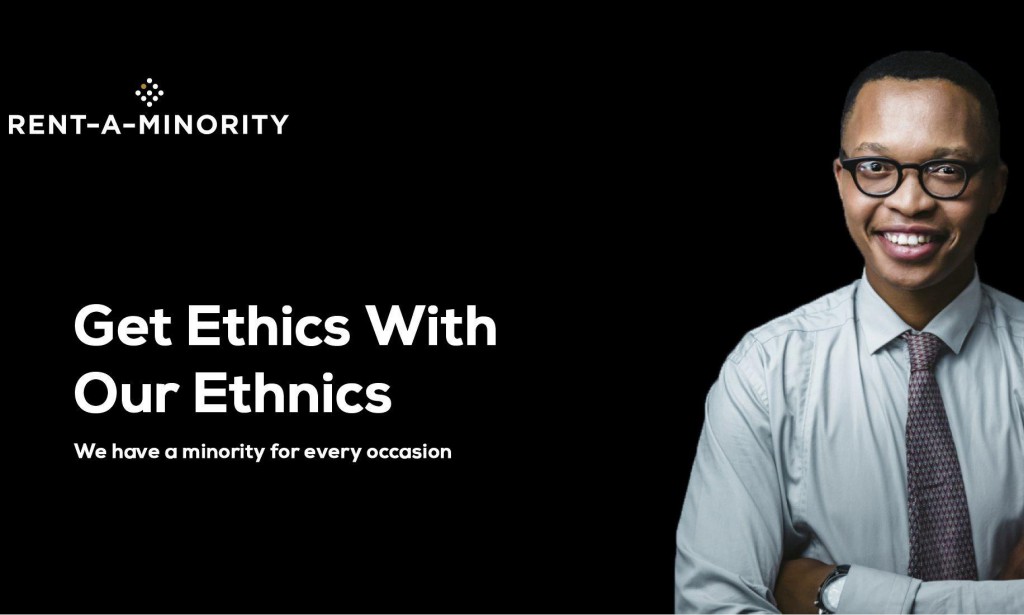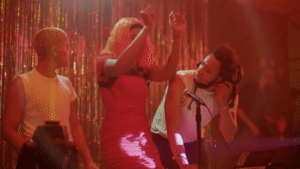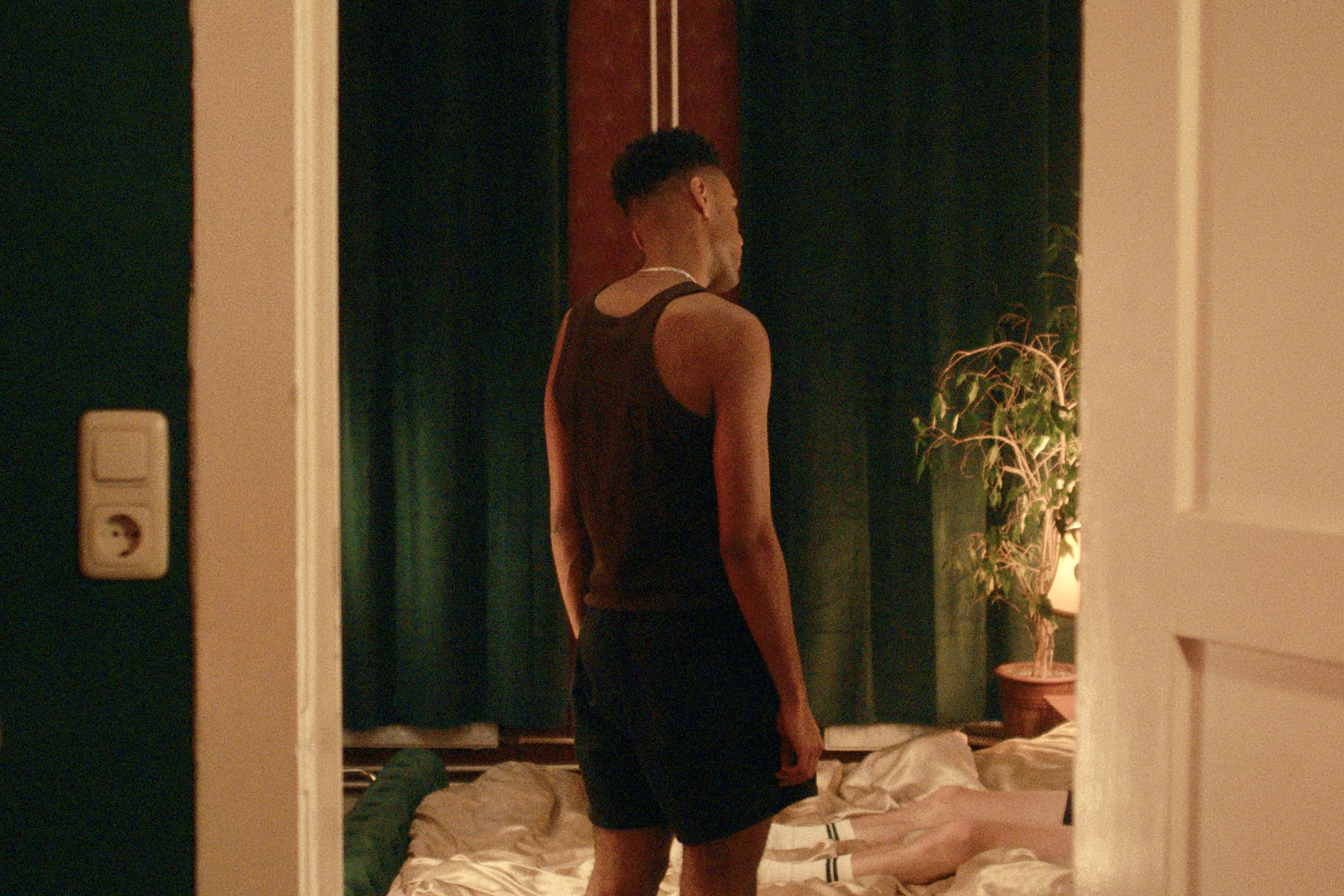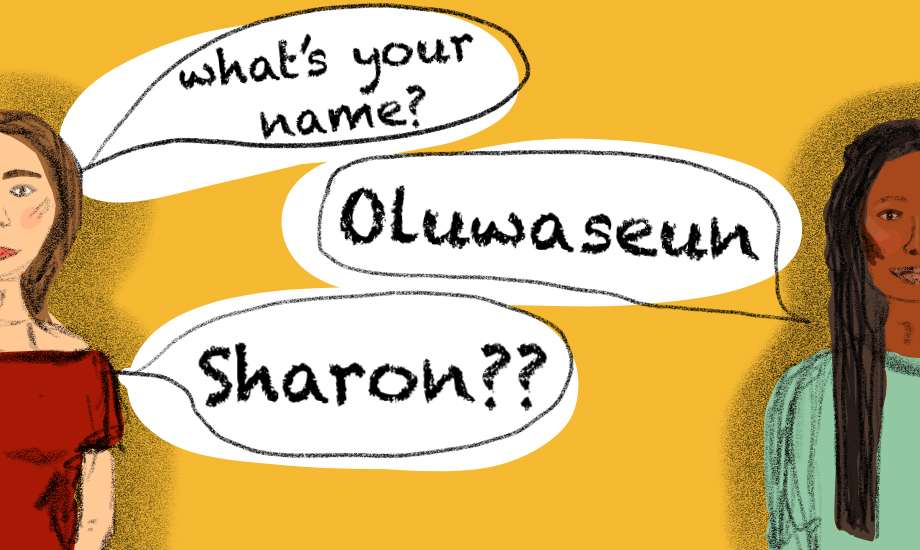
rentaminority.com: the satirical website tackling racial microaggressions
Kuba Shand Baptiste
28 Feb 2016
Being underrepresented in any capacity means constantly bracing yourself for inanity. At school, when teachers routinely mistake you for your physical opposite, but racially similar counterpart, you bite your tongue. At work, when your personal space is violated because your boss feels the need to personally inspect your otherness, you hold your breath. And hopefully, in the midst of it all, you refrain from exploding.
Rentaminority.com – a satirical website dedicated to exposing many of the bizarre microaggressions that marginalised people face on a regular basis, is the perfect antidote to those frustrations.
Created by Arwa Mahdawi as part of an exercise for a Stupid Hackathon event, the site expertly pokes fun at the tokenistic gestures of out of touch organisations, using the experiences of real people on its “minority report” and “stories” pages to illustrate just how depleting it can be to be the only one.
“I put up the website and then I started to think it was quite a good idea, a funny sort of, conversation starter,” said Arwa.
“Even within my own agency it kind of allowed me to talk about [race issues] in a way that wasn’t accusatory, it was more of an ice breaker in a sense”.
The website, complete with a gallery of featured minorities ranging from “ethnically ambiguous” to “intellectual black guy” also includes a “sign up as a minority page”, which was originally put up by Arwa to make the website look more authentic.
“I’ve had over 1,000 emails in form submissions now, it’s actually been a bit crazy,” she said.
“Definitely at the beginning when people were actually hoping to make money out of being a minority, which just shows you where we as a culture are that people thought this was real.”
Aside from the odd person not being in on the joke however, the response to the website seems to have been largely positive, with the people occasionally admitting to the website opening their eyes on what needs to be done to make work environments more equal.
“I had one email that was really nice from a girl who said that she had shown the website to her boss, because her boss was slightly ignorant about these matters. So it was really nice for me to hear that [the website] had actually started a conversation that was useful,” said Arwa.
When it comes to her own experiences of microaggressions – a term adopted by Columbia professor Derald Sue to refer to “brief and commonplace daily verbal, behavioral, or environmental indignities, whether intentional or unintentional, that communicate hostile, derogatory, or negative racial slights and insults towards people of colour” – Arwa, whose father is Palestinian and mother is English, believes in tackling things head on.
“When I was interviewing for advertising jobs, I started to realise that I was being treated differently from some of the other applicants – if they were a white guy, they’d be taken out for sports and drinks.
“So I basically just started writing my cover letters like ‘Hi, my name’s Arwa Mahdawi, I don’t have a beard, I’m not a guy, I’m not a terrorist’. I’d just address people’s preconceptions in a funny way because that’s actually what they were thinking”.
And did that work in her favour?
“Yeah I think so. If you just get it out of the way at the beginning then it helps sometimes. So many times I have to almost apologise for my name when actually people should really just make an effort and try to pronounce it,” she said.
Tokenism, which a great deal of organisations engage in in the wake of PR disasters like #oscarssowhite, is not a gripe of Arwa’s in itself, because more often than not, diversity schemes do offer opportunities that would have otherwise been closed to various factions of marginalised people.
However, what often ensues once a company enlists its first black guy, Asian woman, or disabled employee for example, is a distinct lack of understanding of how to ensure that the harmful customs and behaviours that come with years of uniformity, are examined effectively and sincerely.
“I don’t think that they really think it through, they just do it to look good,” said Arwa.
“But they don’t actually make an effort to change the internal culture to make it more friendly for everyone.
“So right now, the way that diversity schemes are set up is basically like, you can do well if you’re just like us. If you’re a good minority, if you basically act like us, and if you don’t go making any trouble”.
According to a number of studies, minimal effort to encourage as well as understand multiplicity in the workplace does more to damage the performance of an organisation than anything else.
In a 2014 report from the Financial Times, Tim Smedley wrote: “An American Sociological Association study supports this, finding that for every 1 per cent rise in the rate of gender diversity and ethnic diversity in a workforce, there is a 3 and 9 per cent rise in sales revenue, respectively”.
Similar arguments were made in a recent episode of Reply All (a podcast which explores internet stories) in which Scott Page, a complex systems professor at the University of Michigan, used an analogy of where different cultural groups keep their ketchup – and how they’re likely to deal with the issue once it runs out, as a means of explaining that, as the host, Alex Goldman put it: “The more diverse the backgrounds, the more associations you get, and the more paths towards solving a hard problem”.
With multiple awards shows struggling to be inclusive, as well as A-List Hollywood celebrities speaking out about the issues that they routinely face as minorities, however, it’s evident that most sectors have a long way to go.
Until then, forcing employers around the world to examine their cultural complacency through sites like rentaminority.com, seems like a pretty good remedy.










